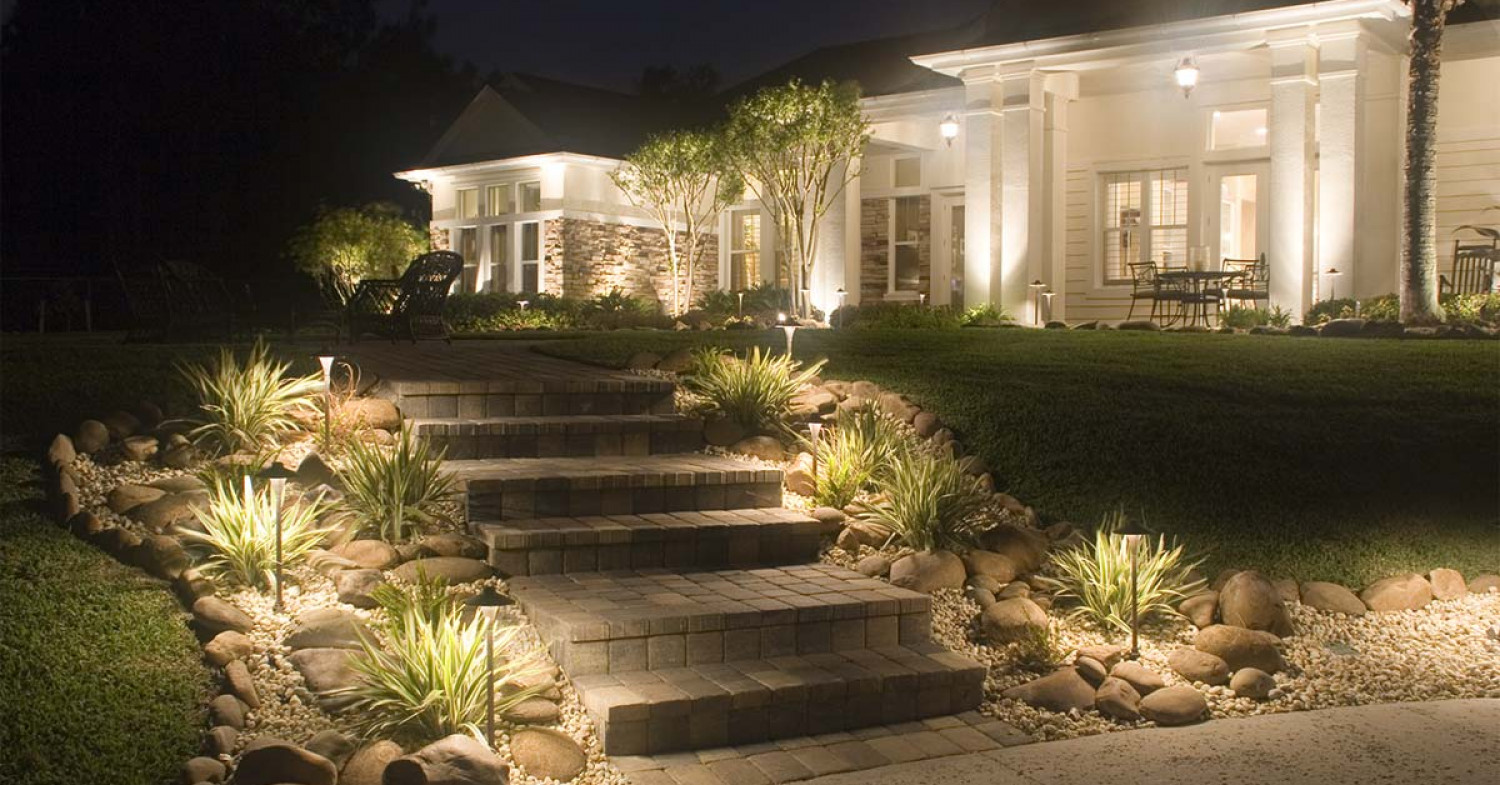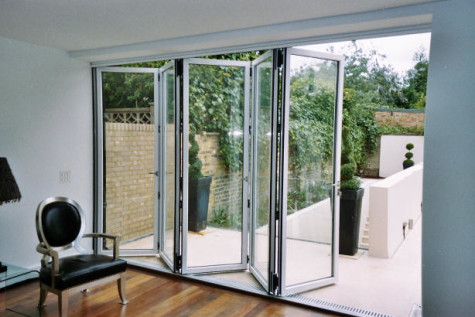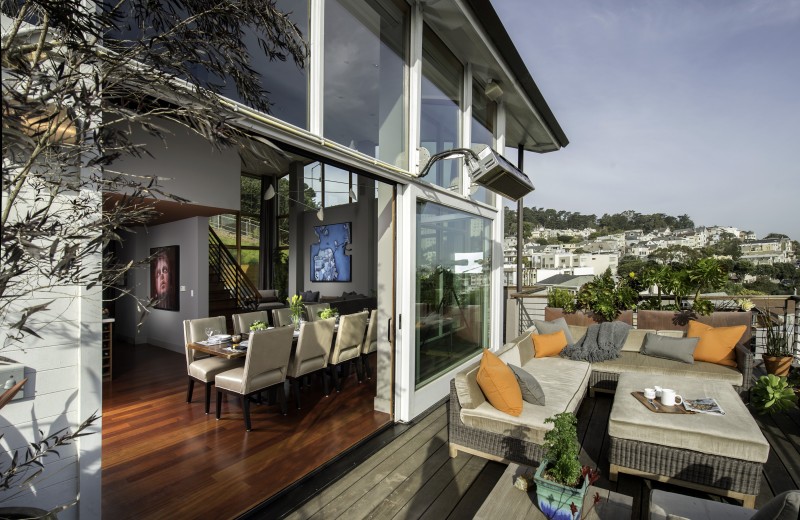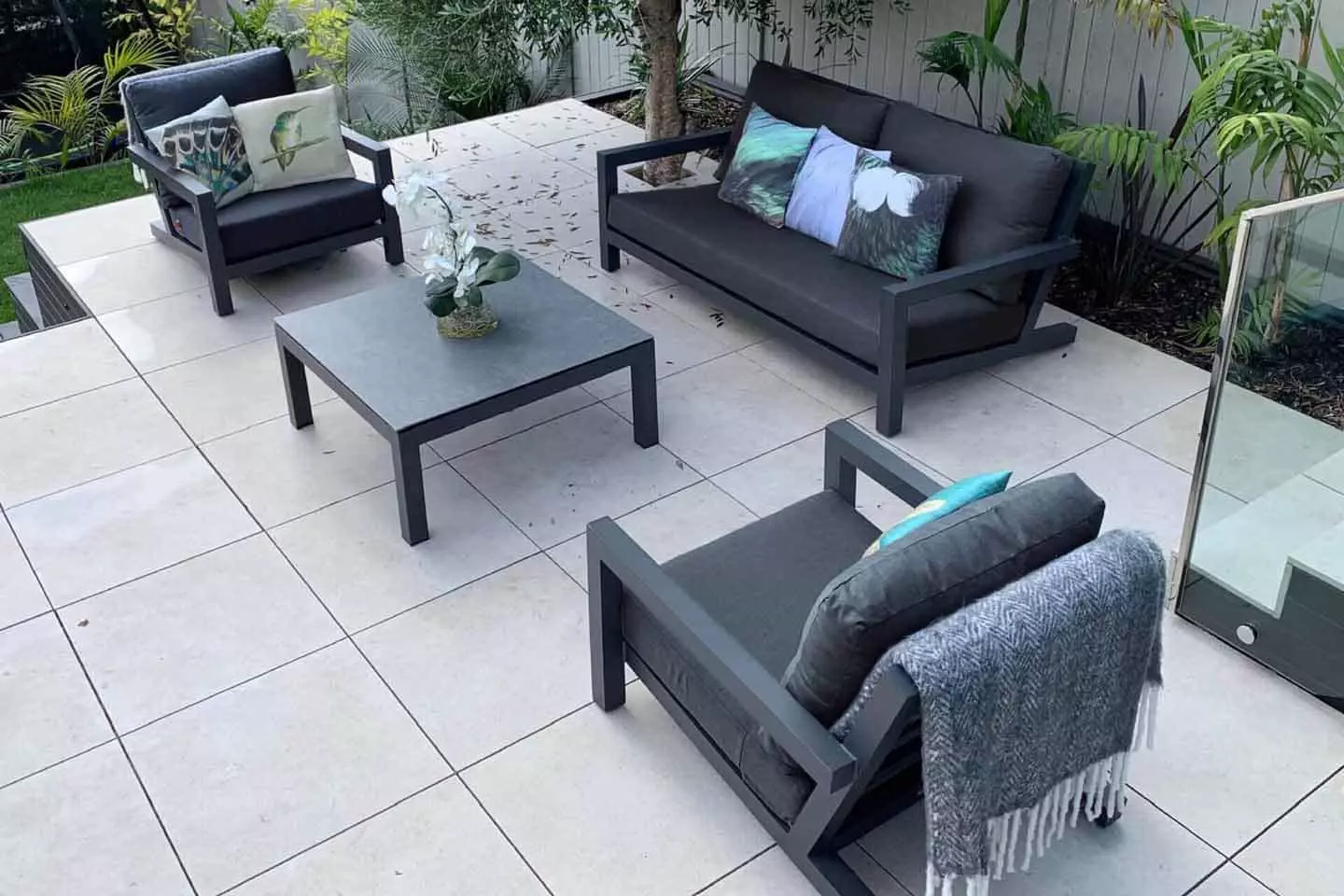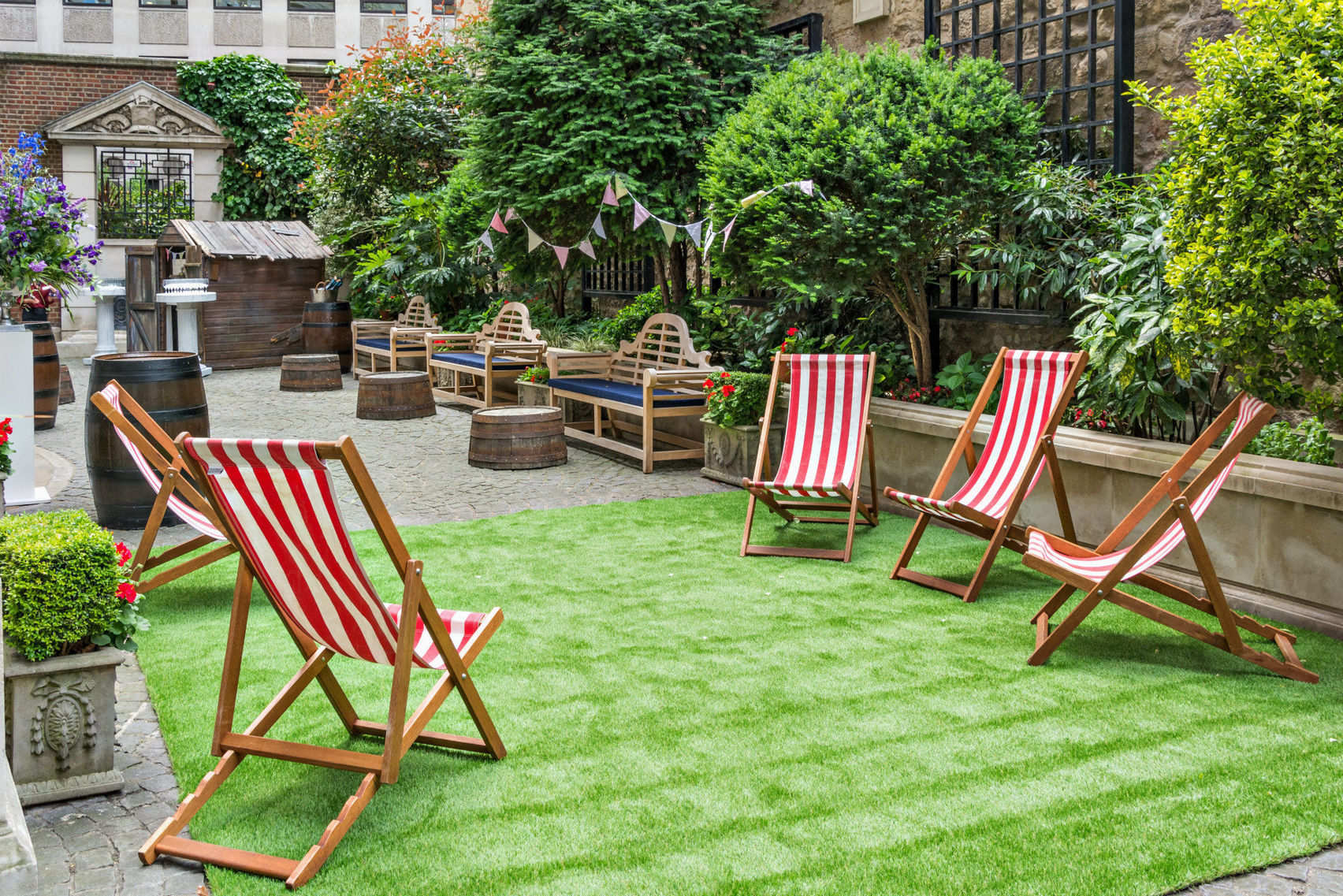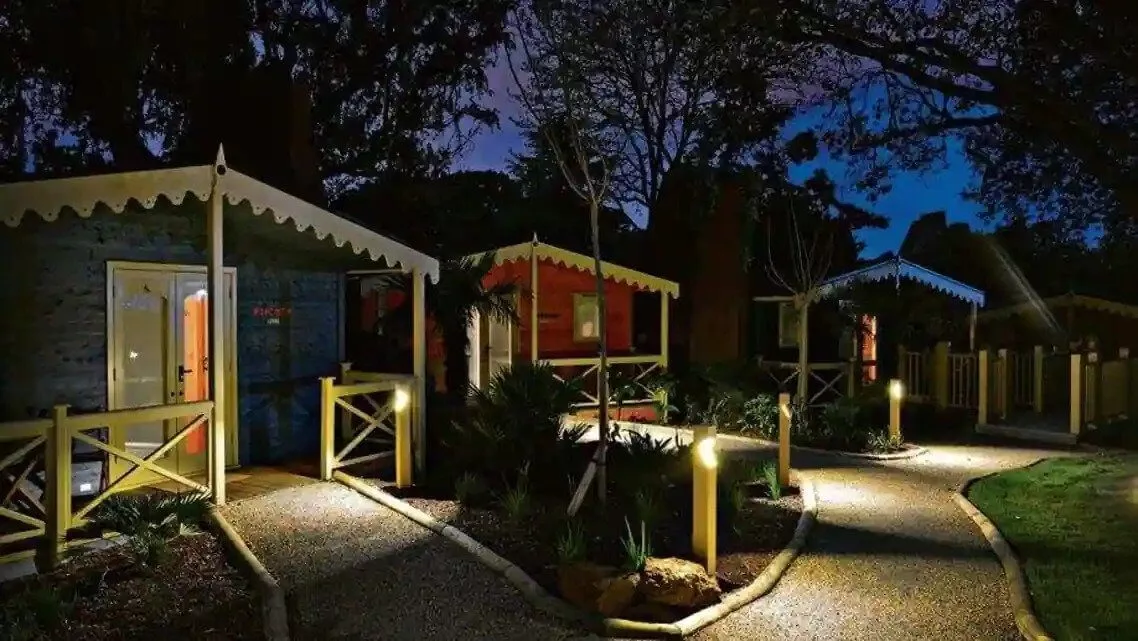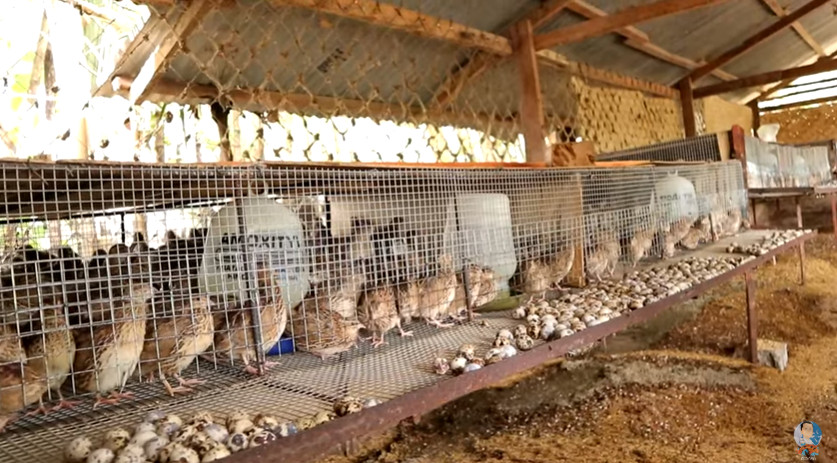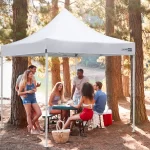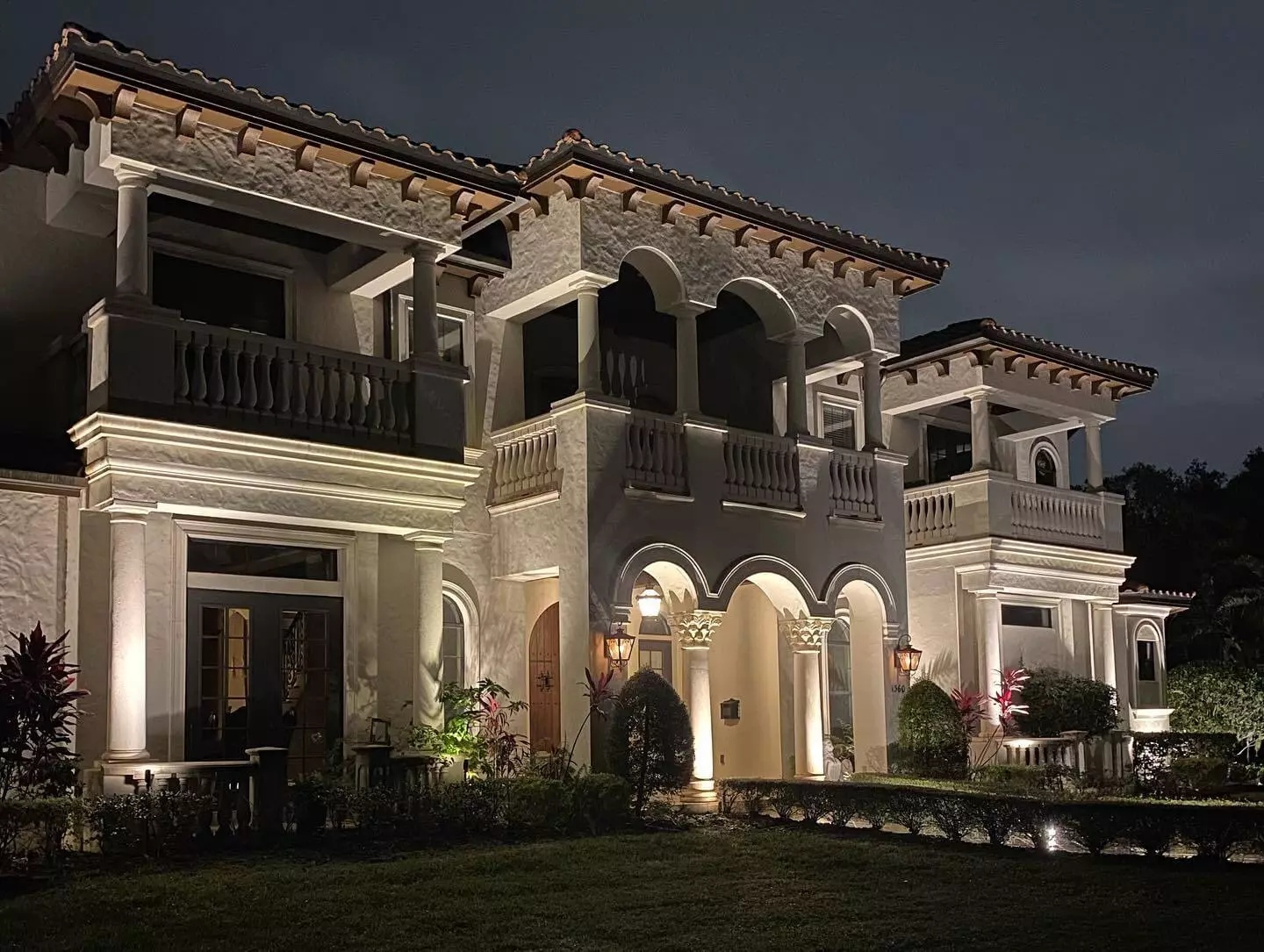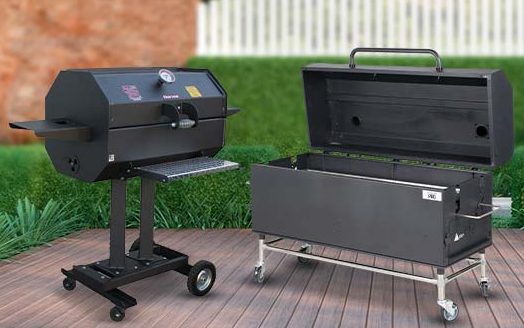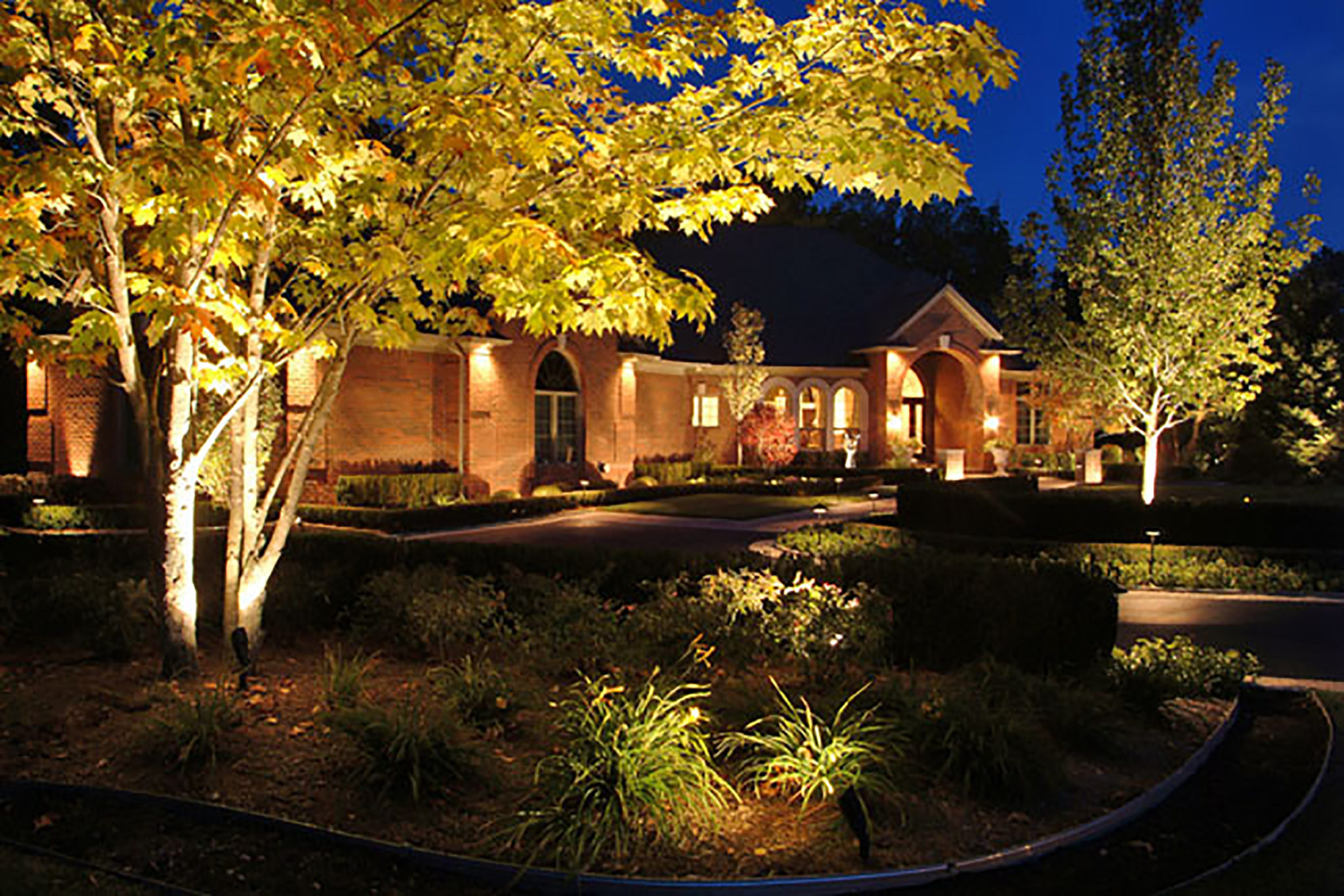What Are The Important Materials Used For Outdoor Decking Newcastle?
Without regard to the design of your deck or without considering how you are planning to make it beautiful with pergolas and planters, Outdoor decking is still a flat walking surface. It makes the selection of decking materials an important decision and a deciding factor in estimating the total cost of the construction.
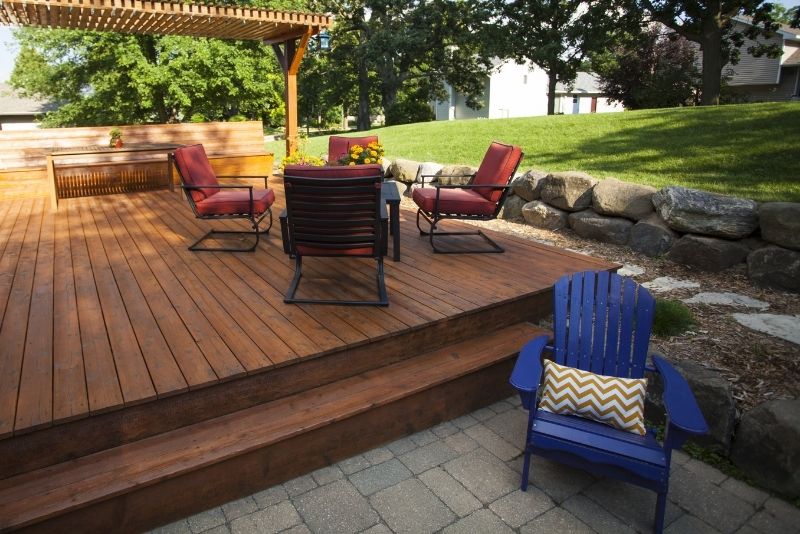
Fortunately, at present there are a larger variety of Outdoor decking materials than there were a few decades ago. Most boards used for outdoor decking are thicker than one inch and are about six inches wide with rounded edges that can resist splintering. Let us take a brief look at some of the most common decking materials that are commonly used these days.
Pressure treated wood: Pressure treated decking wood is the least-expensive material now available in the market. This material is used in almost 75 of Outdoor decking Newcastle. Pressure treated wood is pre-treated to prevent mold, rot and insects. But as they are made from low quality wood like pine or fir and as they are likely to crack or wrap overtime, it makes maintenance a continuous task. Earlier wood was pressure treated using copper arsenate which is a carcinogen. At present safe preservatives are used for pressure treated wood.
Cedar: For people who are crazy of natural wood, cedar naturally becomes their obvious choice. It is light in weight, beautiful, widely available and is very effective as an Outdoor decking board material. Cedar has naturally occurring oils which help them to resist rot and insects. Protecting it with sealers will help the wood to remain free of splinters and cracks. If they are not properly protected, they are likely to become gray in due course of time.
Redwood: Redwood is the classic choice of natural wood lovers. Its characteristics are similar to that of cedar. But it is costlier than cedar.
Composites: Composites are the fast-growing Outdoor decking material in the decking board industry. Wood fibers are combined with recycled plastic for producing composites. They are impervious to insects and they do not rot or wrap or splinter. The main advantage of composites and synthetic Outdoor decking Newcastle material is that they are virtually maintenance free. Improved manufacturing processes and techniques have helped to give it improved look and feel which is similar to that of real wood.
Tropical hardwoods: Some tropical hardwoods like ipe is a luxury choice as they will last up to fifty years. As ipe is hard no stainers can get into it. One can use oil-based sealers specially formulated for this type of Outdoor decking boards. One has to ascertain that the ipe decking boards he is using are produced from sustainably harvested sources.
Aluminium: Aluminium boards which are prefinished have been found to be strong, weatherproof, insect-proof and do not succumb to rusting or rotting. These outside decking boards can be easily cut using some special saw blades. The aluminium planks are coated with a slip-resistant coating available in many colors. Special fasteners are often used for securing the Outdoor decking boards to the deck’s substructure.

I am Scott Miller and my love is writing about home improvement. I write mostly about home ideas, but also share some tips and tricks that can make your life easier when it comes to getting things done in the house.

